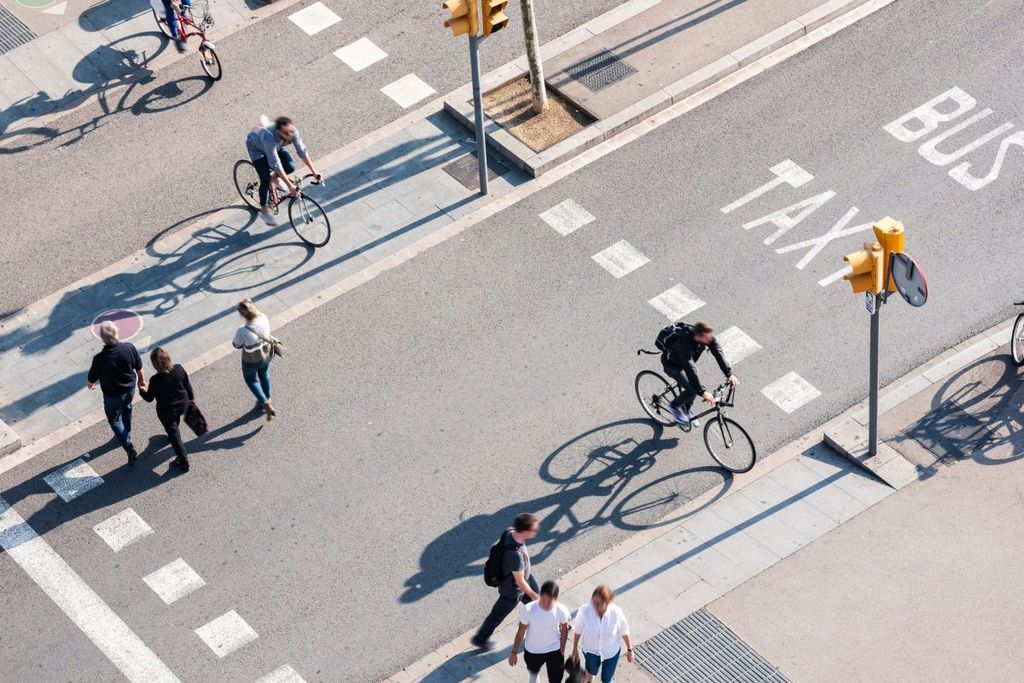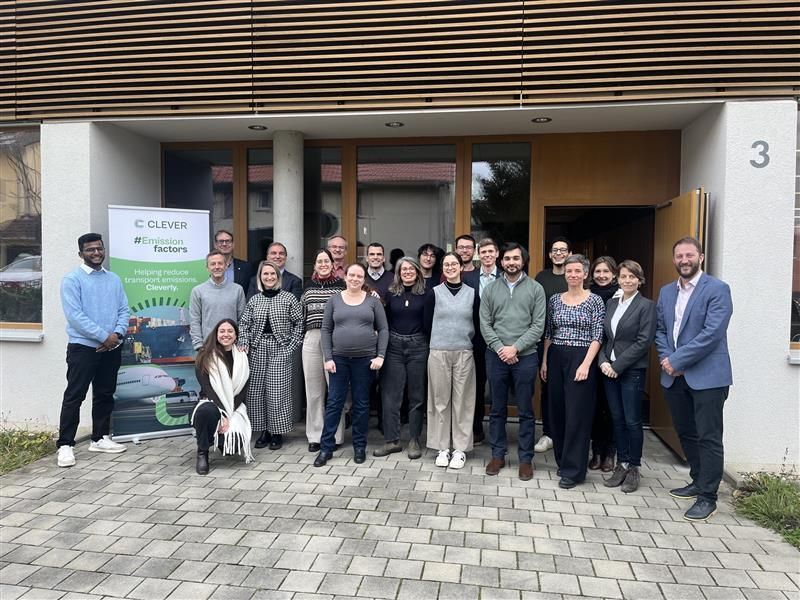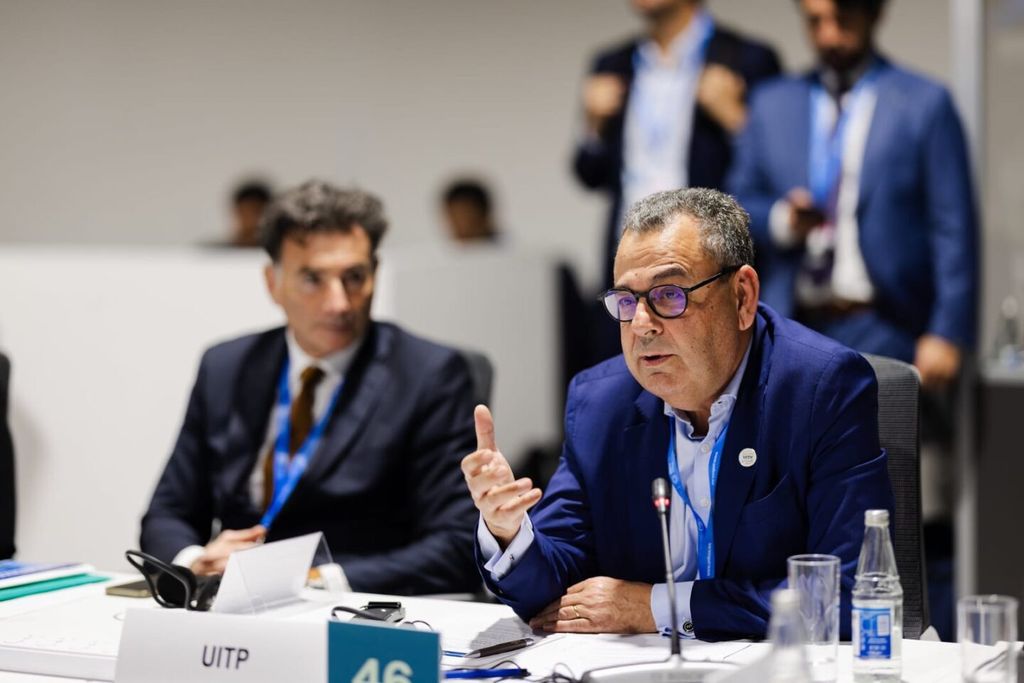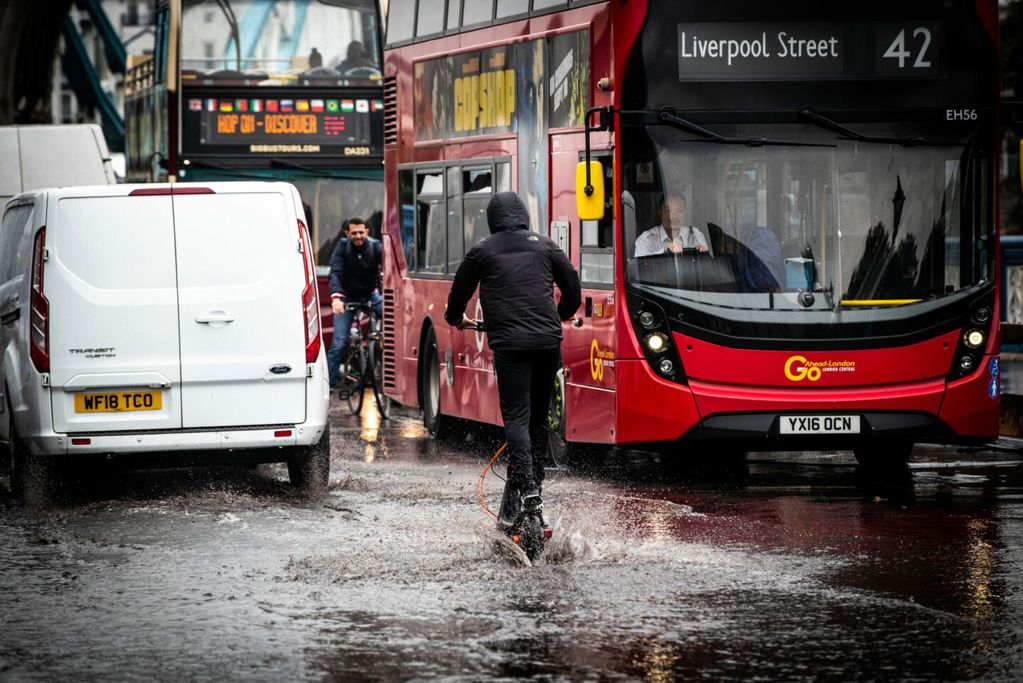
Solving the mobility challenges together: UITP publishes Better urban mobility playbook
A tool for governments and local decision makers to build better urban mobility
Today, cities account for 70% of carbon emissions from the transport and energy sector alone. Each year, over 50 million people are injured worldwide on roads at a 3% cost of GDP and there are over 1.3 million fatalities. Approximately 90% of urban inhabitants breathe air containing pollutants exceeding the World Health Organisation’s recommendations. About 15% of the population, or one billion people, suffers from a disability and by 2030, more than 46% of people over the age of 60 year will have disabilities.
At UITP, we know that sustainable urban mobility plays a key role for cities in tackling global, economic and societal challenges. But what exactly are those challenges? And how exactly can cities tackle them with sustainable transport?
After much work and many discussions, the ‘Better urban mobility playbook’ has been released. An update from the better mobility report, which UITP published 20 years ago, this publication is a tool for governments and local decision makers to build better urban mobility and achieve inclusive, resilient and sustainable cities.
Because we all know there is still a lot of work to do…
What has changed since the first report 20 years ago?
Cities are growing at an unprecedented rate, the socio-economic divide is wider than ever and the repercussions of climate change are undeniable.
Yet, what we do see are new solutions. Digitalisation, automation and clean sources of energy are redefining the public transport sector. Solutions that were once deemed a distant futuristic vision have now become a well-established reality. There is greater emphasis towards healthy living, prioritising walking and cycling, improving public space for the needs of citizens, restricting individual and private transport, especially where harmful pollutants need to be reduced.
Cities are both at the forefront of environmental degradation and innovation. In other words, they must play a central role in transforming society and reaching international climate targets. With the transport sector being one of the biggest consumers on oil, representing 65% of global oil consumption, public transport, active mobility and complementary services are the easiest and quickest solutions to reducing global emissions. But this is not a case of “build it and they will come”. Yes we need investment, but we also need coordinated land-use and mobility planning, public-private cooperation and data sharing strategies to make sure transport is integrated into everyday life and that the passengers remain at the centre.
Coming back from COP26, I realise that huge efforts still need to be made. Currently only 30% of national strategies feature public transport in their plans and this is not ambitious enough. Cities and decision makers must now face the results of 70 years of urban developments around the car and deal with the huge challenge of changing behaviours, slowing down urban sprawl, improving air quality and making sure that investments taking place today will bring positive effects in 30 years’ time.
Whoever said building efficient urban mobility systems was easy?
Yet with all these challenges, stakeholders to collaborate with and the understanding that time is ticking and changes need to happen NOW…it is no surprise that national and city governments need all the support they can get when it comes to building cohesive, strong governance and policies related to sustainable, inclusive cities.
Together with UITP experts and members, we have developed a playbook to support the sector by identifying challenges, specific solutions with concrete actions and successful practices from our community. Use it in your cross-party discussions, use it in your urban transport strategies, even use it as a benchmark for your city’s performance.
UITP’s campaign, Mobility for Life, has provided the vision of the future over the last few months. This playbook is how we can achieve this.
Call it our end of year gift to you. So, we can all start 2022 with a fresh start and clear goals, advancing public transport together and ensuring that mobility remains a vital part of life.
This has been more than a year in the making and I’m very grateful to the UITP colleagues and Transport and Urban Life Committee members who shared their expertise, which led to clear actions for change. I hope the next report in 20 years will showcase the positive impacts from our work.
The MENA Transport Congress and Exhibition is coming back and the next edition is set for 6-8 February 2022. Jointly organised and hosted by UITP and RTA Dubai, this international event will bring together expert voices to move forward the debate on urban mobility at a crucial time for our sector.
*Acting on behalf of Mohamed Mezghani SARL
exclusive resources








